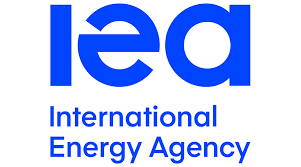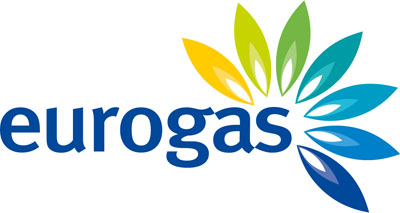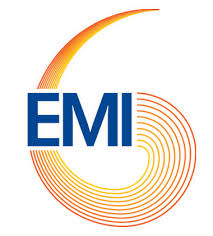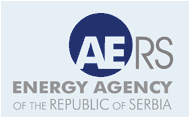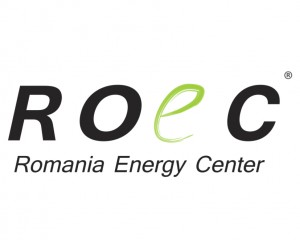Iraqi government troops entered the city of Kirkuk on Monday without a fight, taking up positions inside the city after Kurdish fighters withdrew, the Iraqi military command said.
Iraqi commanders ordered the operation after a contentious independence vote on Sept. 25 in the oil-rich Kurdish region in northern Iraq. Baghdad, Washington and most international leaders condemned the referendum.
The referendum significantly increased tensions in the region, with Iraq and the United States warning that it would effectively break up the country, undermine the fight against Islamic State militants, foment ethnic divisions and create instability.
Military commanders in Baghdad said their troops had taken control of an industrial district on the western edge of Kirkuk, as well as a power plant and refinery adjacent to the oil fields outside the city. The military command also said that government forces had secured control of a military airport west of the city.
As cheering crowds looked on, Iraqi forces removed a Kurdish flag that had flown over the governor’s compound and left intact an Iraqi flag mounted beside it, local officials said. They said Iraqi troops were driving through the city, removing pesh merga flags and banners and replacing them with Iraqi flags.
Local officials said Arab and Turkmen residents of Kirkuk, a city of about one million, fired weapons into the air as national forces drove through the city. Iraqi troops took over the provincial governor’s compound, the military command in Baghdad said.
The operation came as divisions within the Kurdish command broke into the open on Monday, with officials from a Kurdish opposition party, the Patriotic Union or Kurdistan, or P.U.K., saying that its fighters had agreed to make way for the advancing Iraqi forces even as other fighters loyal to the governing Kuristan Democratic Party, or K.D.P., continued to battle.
The government forces moved in after pesh merga fighters for the P.U.K. withdrew from Kirkuk under an agreement reached with the Iraqi military.
The regional Kurdish leader, Massoud Barzani of the K.D.P., spearheaded the referendum and included areas whose legal status is constitutionally fraught, among them Kirkuk Province and its oil fields.
Kurdish security forces loyal to his main political rival control many strategic points in Kirkuk, and in recent days emissaries from Baghdad had worked to negotiate their withdrawal.
Officials in Baghdad said the provincial governor, Najmaldin O. Karim, had left Kirkuk for Erbil, the capital of the autonomous region. Mr. Karim could not be reached for comment. He was fired by Baghdad earlier this year, but remained in office because Kurdish fighters controlled the city.
Iraqi troops also removed a Kurdish flag from a large statue of a pesh merga fighter that Kurdish leaders had erected at the gates to the city. They raised an Iraqi flag in its place, according to local officials, in line with a statement earlier in the day from Prime Minister Haider al-Abadi of Iraq, who issued a statement ordering troops to raise the Iraqi flag in all disputed areas reclaimed by government forces.
The quick advance pitted one American-trained military force against another. Iraqi government troops and the Kurdish forces, known as pesh merga, are both part of the American-led coalition battling the Islamic State, also known as ISIS or ISIL.
The American-led coalition has provided training, weapons, airstrikes and artillery to the Iraqi military as well as pesh merga fighters. It has not provided assistance to or coordinated with the Shiite militias, Col. Ryan Dillon, spokesman for the coalition in Baghdad said last week.
In Erbil, the pesh merga general command said in a statement that Shiite militias had taken part in operations in Kirkuk Province, calling it "a flagrant declaration of war against the nation of Kurdistan.” The military command in Baghdad said there was an understanding that the Shiite Muslim militias would not enter Kirkuk.
The government forces that entered the city on Monday afternoon included the counterterrorism service, which has worked closely with coalition forces. The national paramilitary police and the Interior Ministry’s rapid response forces also took up positions inside Kirkuk, the military command said.
In a statement Monday afternoon, the American-led coalition said the movements of government military vehicles were "coordinated movements, not attacks.”
The statement said clashes early Monday were precipitated by "a misunderstanding” and was "not deliberate as two elements tried to link up under limited visibility conditions” at night.
The coalition is not supporting either side in the Kirkuk conflict, the coalition statement added. Col. Dillon said all American troops in the area were safe and under force protection measures.
Iraqi military commanders said fighting broke out early Monday between advancing government forces and pesh merga fighters from Mr. Barzani’s faction, just as the P.U.K. forces were handing over their positions. The commanders spoke on condition of anonymity because they were not authorized to speak to journalists.
Wista Raool, commander of P.U.K. pesh merga forces south of Kirkuk, said the party sought to return the oil fields to the federal government.
Mr. Raool accused Mr. Barzani and his party of "stealing” the oil from the Iraqi government. Many members of the P.U.K., which maintains its own pesh merga force, opposed the referendum vote because it was led by Mr. Barzani.
Northwest of the city, near oil fields that Kurds have controlled since 2014, pesh merga fighters from the K.D.P. remained dug into positions Monday near the city of Dibis, about 30 miles from Tirkrit.
The commander of forces there, Kamal Karkokly, said in an interview at his command post Sunday that his fighters would not surrender their positions.
"We have enough weapons,” Mr. Karkokly said. "We can fight as long as we have to.”
(www.nytimes.com)



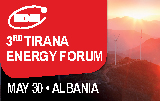
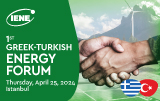


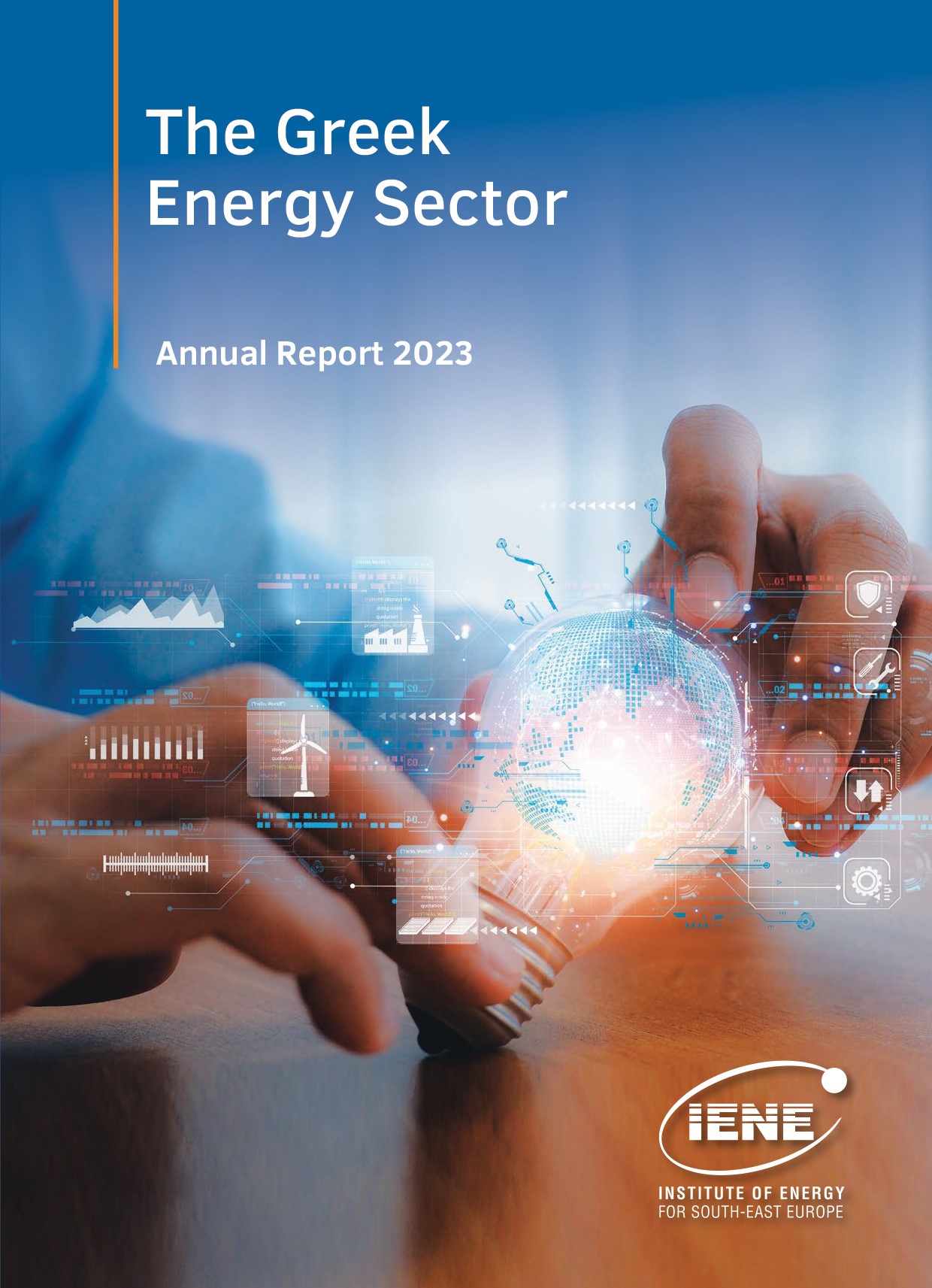

 More
More
